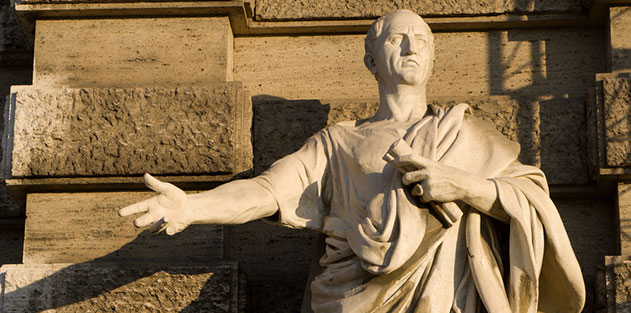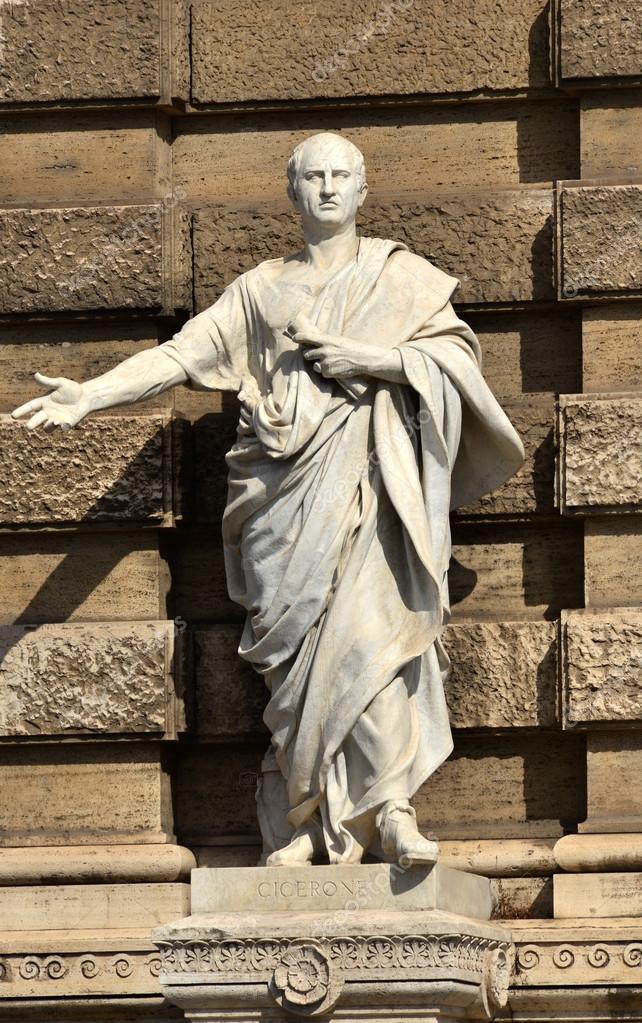

I started over at the top of the grand campaign, this time without the tutorial turned on. I made it through the first few goals but I felt I’d dug myself into a hole from which I’d never get back out of. In this case, it starts you off by asking you to beef-up your army and navy, but when I did so the expense overwhelmed my economy. One expects the tutorial to be idiot-proof. But although I liked the structure, I found it surprisingly difficult. The tutorial explains that doing your missions in the order presented helps acclimatize you to the game’s features.
Imperator rome cicero series#
There are a series of goals which propel you forward in a logical manner and also earn you special bonus for completion. Imperator: Rome starts you out with a well-constructed tutorial. Can the player create and manage alliances among AI-controlled characters? Potentially, this could be an area ripe for expansion by user-created mods, although I don’t see anything created yet. There certainly seem to be plenty of political options on the table and I’m a long way from understanding their impact. the cursus honorum) and meaningful interplay between the political factions. The two biggest items I’m looking for is the impact that one’s résumé has on future game impacts (i.e. So far, the simulation seems deeper than anything post- Pax Romana. Having made peace with the election cycle, what do I make of the political portion of the game? Three hours isn’t enough to tell. If Harris’ works were reliable, I’d expect political alliances to mean that consul succession was considerably less dramatic than it otherwise might seem to be. Five-year elections provides a stability and continuity to the government that likely would emerge from a realistic model of politics. In a game that lasts centuries, holding an election every year means you, the player, would be spending all your time on elections AND changing primary characters incessantly.

Apparently, the thinking behind five year turns was to make the game more manageable and I suppose that makes some sense.

My concern, here too, abated with time and reason. Such an obvious historical misstep makes me wonder if I’m going to get just another Rome: Total War faction management rather than the politics of ancient Rome. Part of me just wants a bug-free, feature complete version of Pax Romana. Recall that my latest interest in all-things-Rome was sparked by the Senatorial politics of the Roman Republic. My second first impression came from noticing that the Consuls have five-year ( lustrum!) terms in office instead of one.

Despite initial impressions, time spent playing allays that first impression of a EU: Rome with a graphical facelift. Although I’ve made peace with the original EU: Rome, it still has the feel of an ugly stepsister to Paradox’s flagship games. Likewise, the timing of Imperator: Rome suggests it could be a stepping stone to Crusader Kings III. EU: Rome seemed created, in part, to be a stepping stone between the original Crusader Kings and the sequel, which launched * the second version of the Clausewitz Engine. This is to contrast with alternative impressions such as “ Crusader Kings II ported to Rome” or “ Europa Universalis IV ported to Rome.” This actually surprises me, because I fully expected one of the latter two. My very first impression is that it really does look like a sequel to Europa Universalis: Rome. With a couple of days to try it gratis, I’ve jumped into Imperator: Rome.


 0 kommentar(er)
0 kommentar(er)
